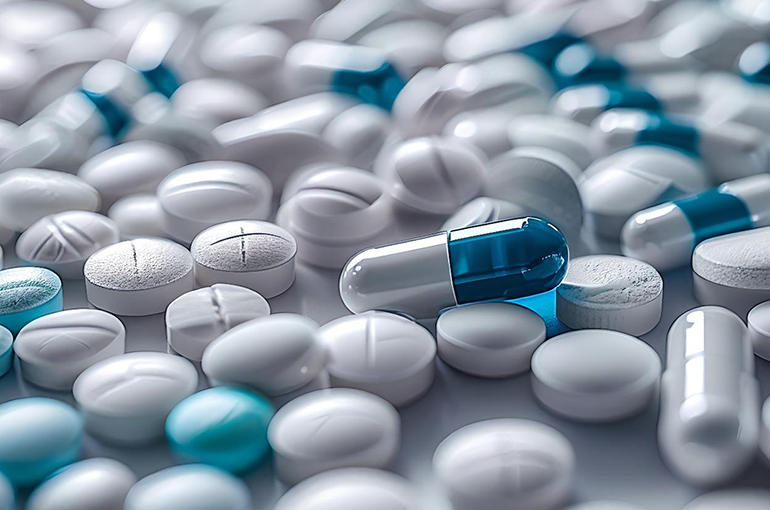 Chinese Drugmakers Form MENA Alliances to Tap Rising Healthcare Spending
Chinese Drugmakers Form MENA Alliances to Tap Rising Healthcare Spending(Yicai) Oct. 21 -- An increasing number of Chinese innovative drugmakers are allying with Middle Eastern and North African companies to jointly expand in the region due to locals' stronger paying capabilities and the larger dependence on imported drugs.
Henlius Biotech, a firm listed in Hong Kong, began shipping its cancer treatment Trastuzumab to Saudi Arabia in June. The biosimilar drug the Shanghai-based company independently developed became the first China-made monoclonal antibody in the Middle East.
Junshi Biosciences licensed the exclusive commercial rights for Toripalimab, the Shanghai-based drugmaker's monoclonal antibody cancer treatment, in 20 countries in the MENA region to the United Arab Emirates unit of UK pharma giant Hikma Pharmaceuticals in December 2022.
Countries in the MENA region have no special requirements on the race of people participating in clinical trials in new drug sales permit reviews and also have relatively strong paying capabilities, Wang Feng, head of Sun Yat-sen University Cancer Center's internal medical department, told Yicai. These provide Chinese innovative drugs with a good development environment to expand locally, he added.
China can carry out many clinical trials thanks to its enormous population, and doing so is almost unimaginable in Saudi Arabia, Mohammed Alghamdi, head of Medical City King Saud University's oncology center, said to Yicai. Hopefully, Saudi Arabian patients can participate in Chinese innovative drugs' global clinical trials later to get more and better treatment options, he added.
Saudi Arabian residents depend on imports for 90 percent of their treatments, Alghamdi noted, adding that the government will reimburse them all fees paid for new drugs approved for sale in the local market.
China's innovative drugs have significant competitive edges and lower prices than treatments from other countries with almost the same therapeutic effects, Mai Haiqiang, director of Sun Yat-sen University Cancer Center's nasopharynx department, told Yicai.
With similar therapeutic effects but more advantageous prices, there is no reason not to choose innovative drugs developed by Chinese companies, Shouki Bazarbashi, professor at King Faisal Specialist Hospital and Research Centre, said to Yicai.
Local patients do not care for the country from which the pharmaceutical firm developing the drug comes, Bazarbashi pointed out. Doctors will choose any drug with sound records and data, no matter its destination of origin, he noted.
Saudi Arabia's drug market was worth USD11.5 billion last year, making it the biggest in the MENA region, with locals having strong paying capabilities and preferring original and branded drugs.
Editors: Tang Shihua, Martin Kadiev